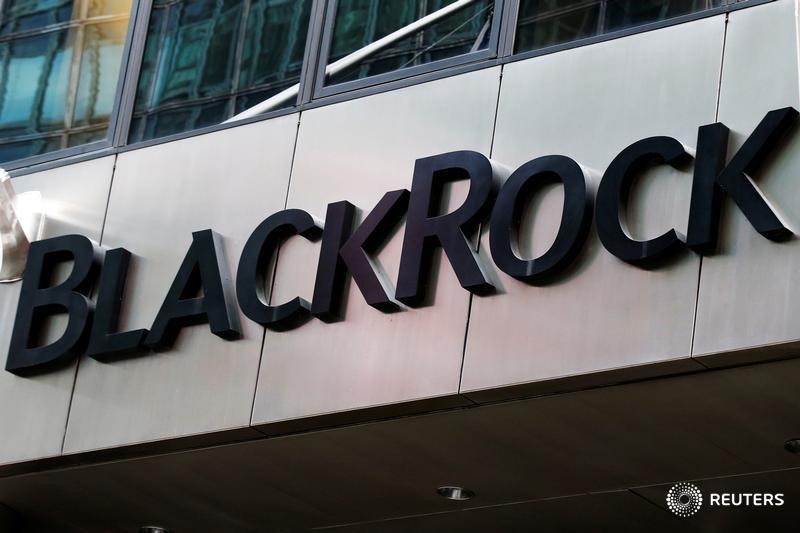Investing.com -- In a recent public statement, Larry Fink, the Chief Executive Officer of BlackRock (NYSE:BLK), expressed his support for the Securities and Exchange Commission (SEC) to approve the tokenization of bonds and stocks. This stance is part of a larger trend aimed at converting financial assets into digital tokens on blockchain networks.
"If we can tokenize bonds and stocks... it will democratize investing in ways we can't imagine," Fik recently commented in a Bloomberg interview from the World Economic Forum in Davos,.
The goal of this initiative is to revolutionize how investments are accessed and managed. The discussion around this potential development was spurred by Fink's remarks in recent interviews. He emphasized the prospect of democratizing investments through tokenization while also acknowledging the challenges related to regulatory approval and the impact on the market.
Tokenization of assets, particularly bonds and stocks, could potentially enhance investment accessibility, making it easier for a broader range of individuals to participate in the financial market. However, this transformation would require the approval and oversight of regulatory bodies like the SEC.
Fink's statements have brought the topic of asset tokenization into the spotlight, highlighting both its potential benefits and complexities. Regulatory approval, in particular, is a major hurdle that needs to be addressed in order to make this vision a reality.
The implications of tokenization on the market are another aspect that requires careful consideration. As such, Fink's comments have ignited a conversation about the future of investment management and the potential role of blockchain technology in this sector.
While the idea of tokenizing stocks and bonds is gaining traction, it remains to be seen how this will be implemented and regulated. The comments from the CEO of BlackRock, one of the world's largest investment management companies, underscore the increasing interest in and potential for digital transformation within the financial sector.
This article was generated with the support of AI and reviewed by an editor. For more information see our T&C.
